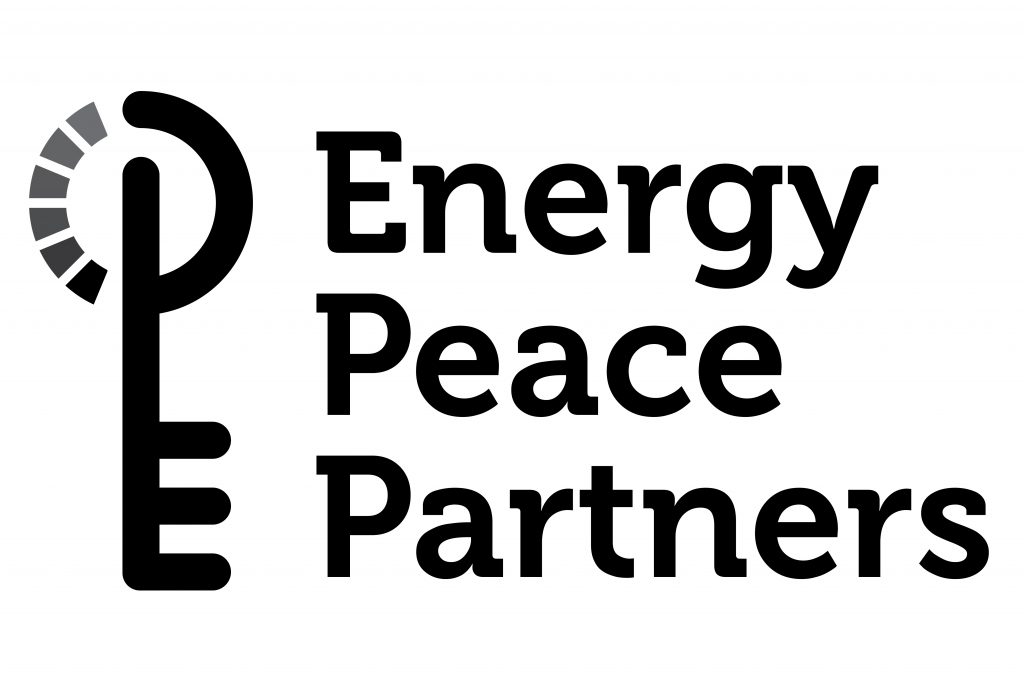Energy Peace Partners (EPP) is a nonprofit organization that develops innovative climate and finance solutions to promote greater resilience and peace in fragile, climate vulnerable, and energy poor countries, primarily in sub-Saharan Africa. Our team offers world class expertise in peace building, renewable energy, and climate security.
EPP developed the novel “Peace Renewable Energy Credit” (P-REC) to provide corporate buyers a new procurement solution to maximize the decarbonization and positive human impact for every megawatt-hour of renewable energy they procure globally. P-RECs deliver critical additional revenue for high impact projects by helping developers to partially finance new renewable energy generation assets and/or fund projects with shared community benefits, such as public street lighting, hospital solar electrification, and productive use (local business) hubs. P-REC projects to-date include transactions by Microsoft and Google in the Democratic Republic of Congo (DRC) and Block in South Sudan.
EPP is launching the P-REC Aggregation Facility (PAF) in the coming year to scale the global P-REC market and streamline the procurement process for corporate buyers. The initial PAF pilot will unlock up to $90 million in new renewable energy capacity in 11 countries in sub-Saharan Africa.
EPP plays a broader role in the formation and expansion of global voluntary renewable energy markets for corporate buyers as the appointed national issuer of International Renewable Energy Certificates (I-RECs) in the DRC, South Sudan, Somalia, Chad, Ethiopia, and Haiti.
EPP is also committed to continuously learning and understanding the implications of renewable energy for fragile, climate-vulnerable countries and its role in peace-building. For example, we developed a robust monitoring and evaluation framework to track and measure the social and peace benefits of P-REC funded projects and help corporate buyers better understand the various community benefits their procurement created. Our Powering Peace initiative, implemented in partnership with The Stimson Center, investigates the role of renewable energy for increasing the security, safety, sustainability, and cost-effectiveness of United Nations field operations as well as expanding renewable energy access in the host communities.

